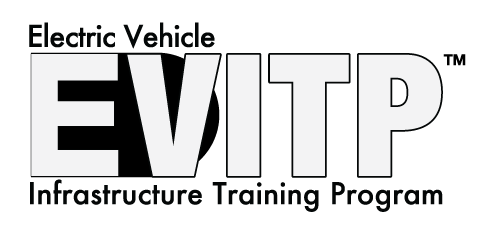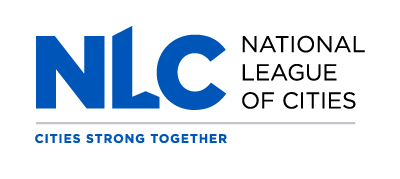A PARTNERSHIP WITH BOLDLY GO
In one of the most remarkable commitments of public funding to the clean economy, the US government has budgeted $12.5 billion to the electric vehicle (EV) sector. The Bipartisan Infrastructure Law dedicates $7.5 billion for EV charging infrastructure alone. But in this moment of abundance comes striking scarcity: insufficient workers to power the EV economy of the future.
Siemens Foundation, known for its commitment to inclusive workforce development, partnered with Boldly Go Philanthropy to address this challenge. Starting this last fall, the Siemens Foundation launched the EVeryone Charging Forward™ initiative to grow a much more diverse talent pool, bridge with Federal and state sources of funding, and support early champions of EV workforce development.
THE EV WORKFORCE SHORTAGE
According to the Brookings Institute, the EV sector will need to create approximately one million new jobs by 2030 to meet its production and infrastructure goals. A study by the National Electrical Contractors Association (NECA) reveals that only about ten percent of current electrical contractors have the skills necessary for installing EV charging stations.
Addressing this workforce shortage is crucial, and it hinges on focusing on key job categories vital for the industry’s growth. These roles, accessible to those without a four-year degree, offer entry into the evolving world of EV technology.
Key Job Categories in the EV Sector:
- Manufacturing: Involves roles like Electrical, Electromechanical, or Electronic Assemblers who assemble EV components, and Machinists who create essential parts.
- EV Services/Maintenance: Includes Automotive Service Technicians for EV repair and maintenance, and Electrical and Electronic Engineering Technologists and Technicians for developing and maintaining EV electronic systems.
- Infrastructure Development: Comprises Electronic Equipment Installers and Repairers for EV charging infrastructure, and Electricians for installing and maintaining necessary electrical systems.
Focusing on these categories is vital for bridging the labor gap in the EV industry. This approach not only meets current workforce needs but also prepares for future demands in the sector. However, the challenge remains in attracting a more diverse workforce, as underrepresented groups currently form a small part of the EV workforce.
Deficit for Electricians is Alarming

Source: Bureau of Labor Statistics, Employment Projection Program (Workforce Projections)
The reality is that there are simply not enough workers to meet the demands of the EV economy. New workers – populations historically absent or disenfranchised from the job roles needed to power the EV economy – are desperately needed. However, a key challenge plagues the industry: more diverse workers in terms of race, gender, age, and location make up a small percentage of the EV workforce. To illustrate, only six percent of electrical workers in the EV field are African American or Hispanic.
STARTING IN MICHIGAN AND NORTH CAROLINA
Through research and conversations with EV leaders throughout the country, Boldly Go helped the Siemens Foundation identify targeted opportunities to make a difference. Specifically, the Siemens Foundation will leverage learnings from its successful, past programs in workforce development such as Pathways to Apprenticeship Youth (PAYA). PAYA focuses on creating apprenticeship opportunities for diverse youth, providing them with the skills and experience needed in today’s job market.
Building on this experience, the Siemens Foundation has launched EVeryone Charging Forward™, a $30 million, ten-year initiative. This investment aims to support workforce development champions in high-traction EV states, starting with Michigan and North Carolina, to establish best practices for the industry’s growth.
Siemens Foundation Pilot Portfolio of EV Champions

North Carolina Business Committee for Education (NCBCE): Bridges the gap between education and industry, ensuring training aligns with the evolving needs of the EV sector in North Carolina. The network facilitates a curriculum focusing on skills crucial for roles in assembly, installation, and maintenance.

Electric Vehicle Infrastructure Training Program (EVITP): Specializes in the installation and maintenance of EV charging infrastructure. EVITP’s training programs will engage diverse populations and equip individuals with the necessary technical skills. Siemens Foundation will support an expansion of EVITP’s program in Michigan.

National League of Cities (NLC): NLC will support cities throughout the country in their strategy, planning, and awareness building efforts to spur greater interest in EV jobs.
SHARING LESSONS AND PLANNING FOR THE FUTURE
The Siemens Foundation is committed to both fostering workforce development in early pilot states such as North Carolina and Michigan and sharing the lessons learned from these initiatives with champions in other parts of the country. Looking ahead, the Siemens Foundation plans to expand its focus to other states in regions that show potential for significant impact in the EV sector. This strategic expansion will ensure that the benefits of the EVeryone Charging Forward™ initiative are felt across the nation, contributing to a skilled, diverse, and robust workforce in the EV industry.
Leave a Reply